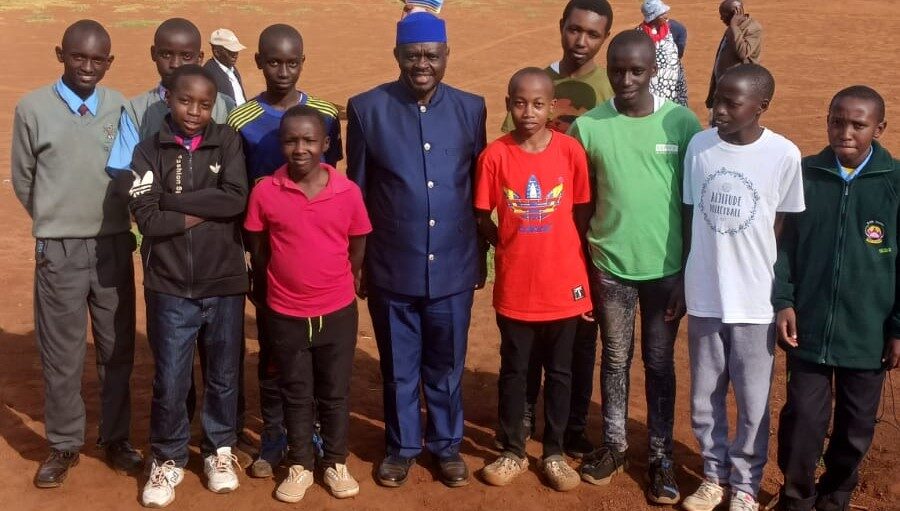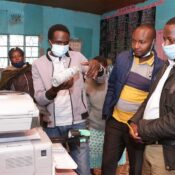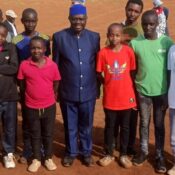
Mentorship day for young people
Happy National Mentoring Day!
National Mentoring Day is a global celebration of mentoring, designed to celebrate mentors and mentoring initiatives across the world. Mentoring is a supportive relationship where an experienced and knowledgeable individual (the mentor) guides and supports another person (the mentee) in their development.
At Hope for the Young, we witness the power of mentoring to transform a young person’s life every single day. We’re extremely lucky to work with over 100 incredibly talented, dedicated, and compassionate mentors, who provide weekly one-to-one support and guidance to young refugees and people seeking asylum, to help them settle into life in the UK, access education, and achieve their goals.
This National Mentoring Day, we’re celebrating the profound impact that mentoring has on the lives of young refugees, as well as on mentors themselves, and exploring why mentoring initiatives like our Mentoring Programme are so valuable.
There is a saying in my language: It’s like there’s a wall. But if you have someone to help you, you can overcome it. I know I can call my mentor and I am not worried.Mohsen, mentee
4 Key Benefits of Mentoring for Young Refugees
There are many ways a young refugee can benefit from spending time with a dedicated mentor. Here are 4 key ways our mentees benefit from mentoring:
1. Practising and Improving English and Communication Skills
One goal that almost all of the young people we work with share is to improve their English language skills. By working through English language materials, reading books and writing together, and having weekly conversations with their mentor in English, young people can significantly improve their English skills, allowing them to communicate more easily and navigate life in the UK.
When I met [my mentor] for the first time, I struggled to speak and say everything I wanted. Now I can understand everyone, I feel comfortable speaking.Mohammed, mentee

2. Reducing Isolation
Young people seeking asylum have left their homes, communities, and often their families behind. Arriving in a new country can be a daunting and isolating experience, particularly for those who are living in hotel accommodation.
Weekly meetings with a mentor can help to combat this isolation. Mentors can also can support young people to research and join new social clubs and activities, such as sports clubs, arts classes, and youth groups, where they can make new friends.
3. Building Confidence
One of the most significant ways a mentor can support a young refugee is by boosting their confidence and encouraging them to reach their full potential. Confidence and self-esteem are key to a young person’s mental wellbeing and personal growth, but they are often significantly impacted by the trauma of forced displacement.
Mentoring provides a safe and supportive space where young refugees can explore their strengths, interests, and abilities.
Mentoring has had a big impact on me, my mentor makes me feel not alone, giving me a hand and always being cheerful. She gives me confidence and teaches me to be strong.Jemal, mentee



